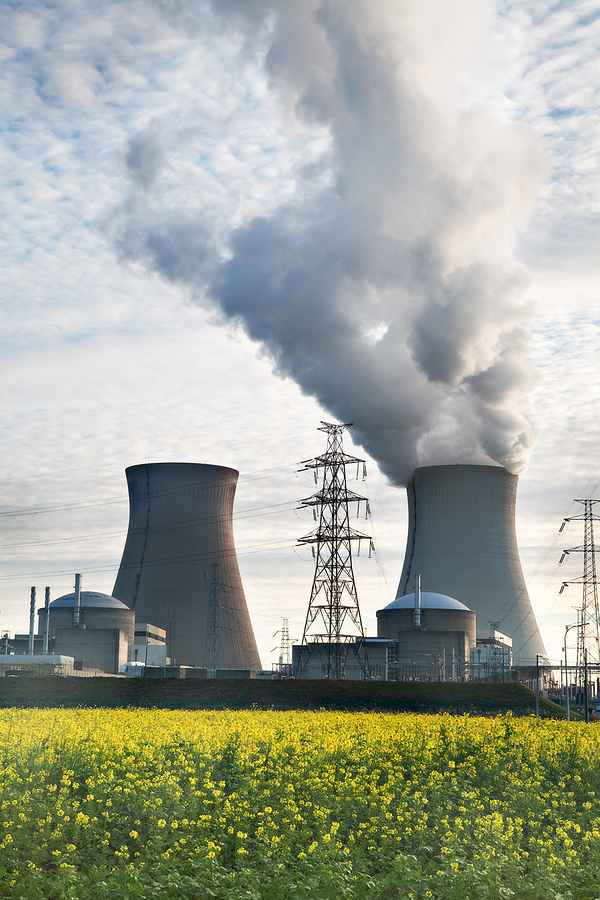Japan signed on to a global nuclear- compensation treaty in Vienna that will create a fund to help victims of accidents like the one that devastated Fukushima Dai- Ichi in 2011.
The Convention on Supplementary Compensation, or CSC, for nuclear damage, will come into force on April 15. The decision taken by Japan, with the world’s third-biggest installed nuclear capacity, ended a 17-year wait for the treaty to become legally binding.
“As a country that experienced an accident, Japan has a responsibility to push forward, not only nuclear safety but also the international convention,” the country’s International Atomic Energy Agency Ambassador Mitsuru Kitano said yesterday in Vienna, where he deposited the treaty. Japan will seek to get more Asian countries to adopt the accord, he said.
The convention will allow countries and companies to offset liability in the event of a nuclear accident. The U.S., with the world’s largest installed nuclear-power base, has championed the convention but struggled to get other leading atomic powers on board. Argentina, Morocco, Romania and the United Arab Emirates are the only other signatories.
“The use of nuclear power looks set to continue to grow throughout the world in the coming decades and it is important to have adequate compensation schemes in place,” IAEA Director General Yukiya Amano said at today’s signing ceremony. Japan’s accession is a “valuable additional step toward establishing a global nuclear liability regime.”
Safety Struggles
Even as global nuclear-power generation sank to its lowest level in more than three decades last year, IAEA forecasters see installed capacity growing at least 8 percent by 2030. Asian countries with a combined 47 reactors under construction are propelling growth.
Countries have struggled to reassure populations about the safety of nuclear power after a 2011 tsunami caused three Japanese reactors to melt down and forced 160,000 people to evacuate their homes. At a meeting next month in the Austrian capital, nations will consider a Swiss-led European initiative forcing nuclear operators to mitigate against accidents.
While the new compensation fund is intended to encourage nuclear trade between companies located in countries adhering to the pact, it won’t come without costs for U.S. manufacturers. Nuclear suppliers will be on the hook to pay at least $70 million in compensation in the event of an accident, according to the U.S. Department of Energy, which asked industry for comments last month.
“Initial great expectations for the CSC have been tempered by the long road to its entry into force,” James Glasgow, a partner at Washington-based Pillsbury Winthrop Shaw LLP, wrote last month in an article sent via e-mail. There are still “doubts that the CSC will gain sufficient members to constitute a global regime.”





















 Focus on Ski Guides After Deadly California Avalanche Could Lead to Criminal Charges, Civil Suits
Focus on Ski Guides After Deadly California Avalanche Could Lead to Criminal Charges, Civil Suits  Beyond Automation: The Emerging Role for Contextual AI in Insurance
Beyond Automation: The Emerging Role for Contextual AI in Insurance  Premium Slowdown, Inflation Factors to Lead to Higher P/C Combined Ratio: AM Best
Premium Slowdown, Inflation Factors to Lead to Higher P/C Combined Ratio: AM Best  State Farm Mutual to Pay $5B Dividend to Auto Insurance Customers
State Farm Mutual to Pay $5B Dividend to Auto Insurance Customers 



